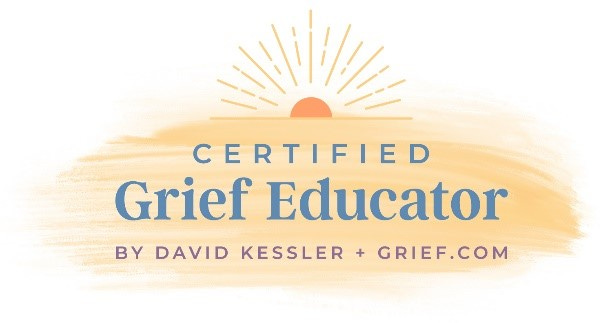ALONE, LONELY, and LONGING
All These are Part of Grieving
Do you ever feel alone in a crowded room?
This is a common experience in life. How long it lasts depends on the source of the feeling.
I think ultimately, we are alone, regardless of how helpful our supporters are and how many resources we have access to.
What I mean is, no matter how much help someone is to us, no one can climb inside our minds, feel what we feel or make our decisions for us.
Yes, other people can influence us but at the end of the day, we make our own choices.
Tough love? You decide.
Being alone is often a choice. It simply means removing ourselves from the company of others, usually to gather our thoughts, to focus on a project, or just to chill. Being alone is just that, a state of being. It could be temporary or long-term.
Loneliness, on the other hand, is the feeling of being disconnected from other people; something not of our choosing.
This is common in grief, especially early grief. We have been deprived of someone we love by death or distance or breakup.
Or we have been cut off from our community, by job loss for example, or moving household, or social isolation such as during COVID lockdown in 2020.
So often our response to these shocking life events is to self-isolate in order to absorb the enormity of the event. We are alone by choice and lonely in our loss.
Speaking of COVID, I wrote this poem either during or just after the lockdown:
A world of people on their own
Wondering what to do.
Home never seemed to be so alone;
Entertainments become very few.
Weeks go by.
How will we get on?
An e-book to read,
an internet song.
Virtual this, adaptable that …
What do we do if we don’t have a cat
To snuggle and purr and pretend it replaces
Intelligent talk and close friendly faces.
People around us;
That’s what we need.
Someone to talk with
For heart to succeed.
The body’s confined,
But the soul must be freed.
The longer this state of loneliness exists it becomes longing. We deeply miss our loved one or our community and pine for the life and people we knew before the traumatic event occurred.
Our thoughts are dominated by memories and wishing the past could be restored.
We can get stuck in this depressive state and blocked from moving forward. Not only have we lost the physical presence we knew but we may become afraid that we will forget entirely and so we cling to sweet memories.
Psychologists tell us that there is a reason that ascetics, who definitely choose to live in isolation in order to focus on their religious or artistic endeavours, are not the norm.
Humans are built for community. We evolved inside community where we helped each other survive and thrive. More than that, for our emotional health we need supporters; people who ‘get us’.
Grieving is not easy, but it can be bearable when we turn to our supporters to listen to our story, let us air our feelings in the moment and permit us to cry in their presence.
When we are ready our supporters can help us assemble our resources to move forward into a new phase of life.
Cathy Carphin is a Certified Grief Educator, writer and poet, living in Victoria, BC, Canada. She leads healing conversations on grief. More articles by Cathy can be found by scrolling this page and by searching her name online. Discover your path to healing with professional guidance and a supportive community.
Subscriptions, sharing and value-for-value donations are welcome. They encourage the writer and help keep this page going.




